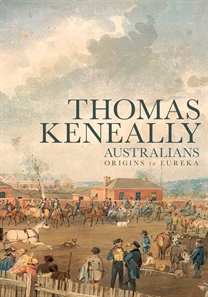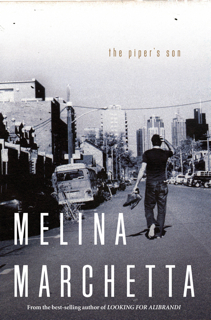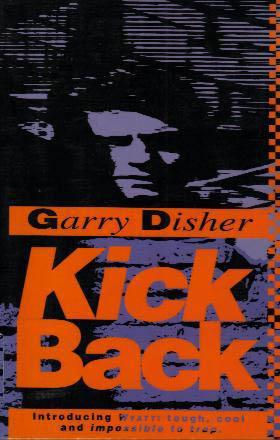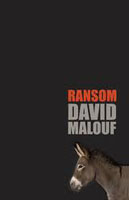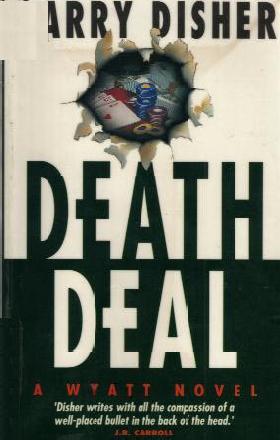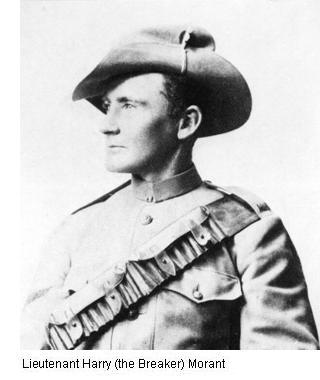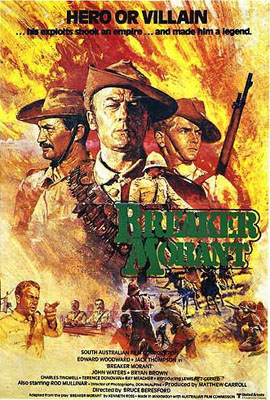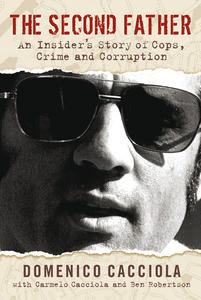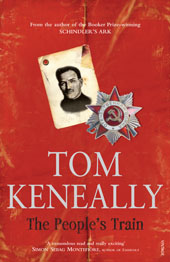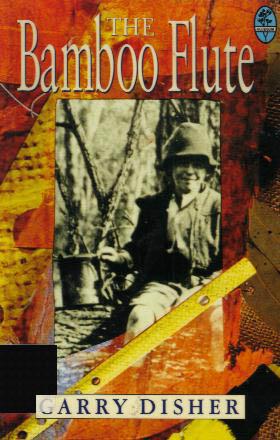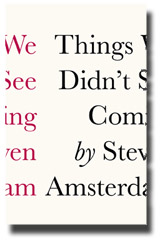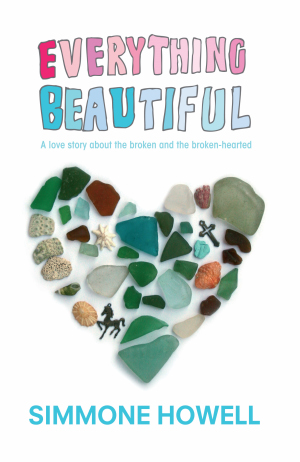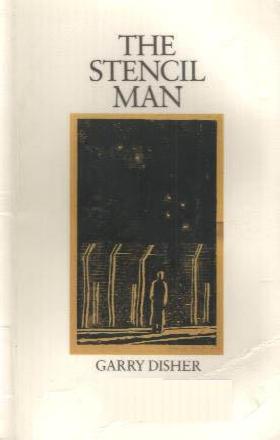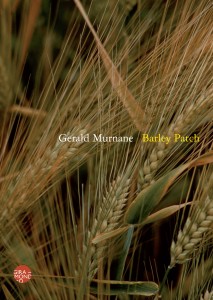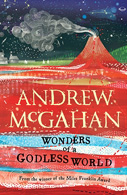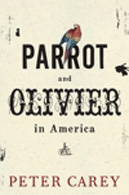Prophetic Verse Written Many Years Ago Has a Striking New Meaning Today
In the reams of matter which has been written about the peril now confronting our country there has been one strange omission. Not one mention has been made of the man, who more than any other, attempted time and time again to wake us from our complacency, to bestir us to action, to prepare us for the ordeal we must endure.
The man, of course, is no longer living. He has been dead for 20 years. But his voice and his spirit are with us today, and the warnings, the unheeded warnings, he uttered 30 and 40 years ago now have a grim topicality. His name?
Henry Lawson.
Here, for example, is an extract from a poem published in a collection of verse issued in 1905 (the actual date of writing was much earlier) :
"By our place in the midst of the furthest seas we were fated to stand alone
When the nations fly at each other's throats let Australia look to her own;
Let her spend her gold on the barren west, let her keep her men at home;
For the South must look to the South for strength in the storm that is to come."
Topical? But wait, hear the next verse:
"Now who shall gallop from cape to cape, and who shall defend our shores
The crowd that stands on the kerb agape and glares at the cricket scores?
And who will hold the invader back when the shells tear up the ground
The weeds that yelp by the cycling track while a nigger scorches round?"
Compared with that attack, recent remarks by our leaders about our lack of realism are mild indeed. Let us hear Lawson a little further, however:
"And is it our fate that we'll wake too late to the truth that we were blind,
With a foreign foe at our harbour gate and a blazing drought behind."
For the present-day Sydneyite suffering from the water shortage this must make wry reading.
But this is not all. In a poem entitled "Australian Engineers," Lawson pleaded for expansion of local industry, spoke of the boys who
"Long for the crank and belting, the gear and the whirring wheel.
The stamp of the giant hammer, the glint of the polished steel.
For the mould and the vice and the lathe - they are boys who long for the keys
To the doors of the world's Mechanics and Science's mysteries."
Dipping at random into poems such as "The Heart of Australia," "The Vanguard," "In the Storm That Is to Come," "Here Died," "The Star of Australasia," and "At the Beating of a Drum," one is amazed at Lawson's foresight.
Away back in the days of the Russo-Japanese war he realised the significance of Russia to this country:
"Hold them, Ivan! staggering bravely underneath your gloomy sky;
Hold them, Ivan! we shall need you pretty badly by-and-by!
Fighting for the Indian Empire, when the British pay their debt.
"Never Britain watched for Blucher as he'll watch for Ivan yet!
It means all to young Australia -- it means life or death to us,
For the vanguard of the White Man is the vanguard of the Russ."
Today the importance of Russia's struggle to the British Empire is universally recognised, and, notwithstanding varying political ideals, a bond of friendship is being woven between the USSR and Britain which augurs well for the future.
The Department of Information has been criticised, rightly or wrongly I do not know, for the insipidity of its efforts to arouse our people to action. Why has use not been made of the works of our national poet? His works are vibrant with the sturdy democracy, the forthrightness, the patriotism, that will bring us victory.
Despite his criticism of his fellow countrymen, Lawson knew that Australian would fight to the last to save their homeland:
"When the city alight shall wait bynight for news from a far-out post,
And men ride down from the farming town to patrol the lonely coast
Till they hear the thud of a distant gun, or the distant rifles crack,
And Australians spring to theirarms as one to drive the invaders back.
"But they'll waste their breath in no empty boast, and they'll prove to the world their worth,
When the shearers rush to the Eastern coast, and the miners rush to Perth.
And the man who fights in a Queenscliff fort, or up by Keppel Bay,
Will know that his mates at Bunbury are doing their share that day."
Today, with the enemy near our shores; we need courage and patriotism and faith in our common people such as Henry Lawson possessed. And before we turn to the task before us let us hear one last word from this great Australian:
"Fear ye not the stormy future, for the Battle Hymn is strong,
And the armies of Australia shall not march without a song;
The glorious words and music of Australia's song shall come
When her true hearts rush together at the beating of a drum.
"We may not be there to hear it 'twill be written in the night,
And Australia's foes shall fear it in the hour before the fight.
The glorious,words and music from a lonely heart shall come
When our sons shall rush to danger at the beating of a drum.
"He shall be unknown who writes it; he shall soon forgotten be,
But the song shall ring through ages as a song of liberty.
And I say the words and music of our Battle Hymn shall come
When Australia wakes in anger at the beating of a drum."
First published in The Argus, 21 February 1942
[Thanks to the National Library of Australia's newspaper digitisation project for this piece.]
